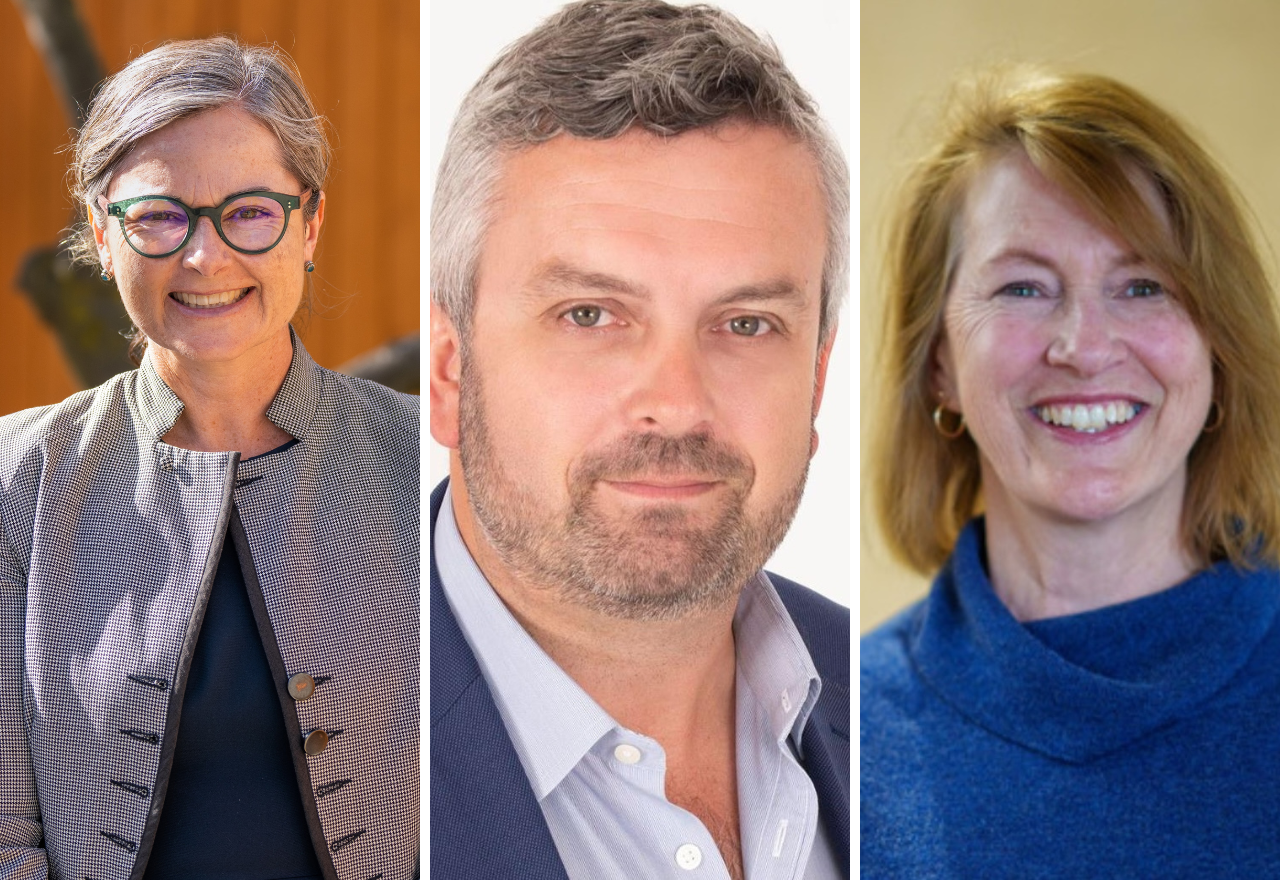Mayor uses casting vote to approve water delivery model
Maddy Harker
01 August 2025, 5:06 PM
 Wānaka councillors were split over the effectiveness of an in-house versus independently-run water delivery model.
Wānaka councillors were split over the effectiveness of an in-house versus independently-run water delivery model. Queenstown Lakes mayor Glyn Lewers used his casting vote to push through a major overhaul of the district’s water services, backing the creation of a new council-controlled organisation despite the majority of public submissions opposing it.
The decision was made after more than two hours of tense debate at a Queenstown Lakes District Council (QLDC) meeting on Thursday (July 31), where councillors were split on whether to establish a Water Services Council Controlled Organisation (WSCCO) or retain water services in-house.
The WSCCO model - approved in a 6–6 deadlock broken by the mayor - will see water services owned by QLDC but run independently by a board of industry professionals.
Council was required to select a delivery model before a September deadline set by the government’s Local Water Done Well reform programme, which aims to address long-standing water supply, wastewater and stormwater infrastructure challenges.
QLDC chief executive Mike Theelen said approving the WSCCO would align with the government’s direction.
“They want to move the delivery of water services away from local government to professional water service entities.”
Council staff recommended the WSCCO model, saying it would meet new financial and regulatory requirements and improve long-term resilience.
QLDC strategy and reform manager Pennie Pearce told councillors many of the concerns raised during consultation had been addressed through changes in legislation or could be addressed through implementation planning.
She said the model would cost households more in the short term, but costs were projected to level out by 2034, with potential savings over the long term.
However, most public submissions had not supported the WSCCO. Of the 118 received, 89 were in favour of keeping water services in-house.
Councillor Melissa White said it was wrong to ignore that.
She unsuccessfully attempted to move a motion that would have excluded the mayor’s casting vote from the decision.
Deputy mayor Quentin Smith said the WSCCO model did not address the core issues.
“We’re often in the business of solving problems,”he said. “I don’t see we’re solving any of the problems we are starting with.”
Councillor Esther Whitehead agreed, saying she believed council should consult again with the updated information.
Councillor Niki Gladding said she saw the move to a WSSCO as “another example of the guts being stripped out of local government”.
But others welcomed the proposal, including councillor Barry Bruce, who said he supported the WSCCO for three reasons.
“One: non-politicised decision making; two: decisions will be made primarily on water service delivery; and three: governance will be appointed on professional capabilities, not political ideologies.”
Councillor Lyal Cocks said change was necessary.
“If we keep doing the same thing we’re going to get the same outcome,” he said. “We’ve got a better model [with a WSCCO] than we’ve had in the past.”
QLDC chief executive Mike Theelen will now start developing a transition plan for the move to a WSCCO.
PHOTO: Supplied






